There is a common misconception amongst black people that we don’t need to wear sunscreen because ‘our melanin already protects us from the sun’. While our darker skin tones offer some protection from the sun, we still need more. Dr Dami gives us the lowdown on the importance of using sunscreen.
While our melanin-rich skin has an inbuilt Sun Protective Factor (SPF) of 13.4; this is not enough to protect us from all the possible damage caused by the sun.
Why is sunscreen important?
For starters the UV rays that come from the sun are the number one cause of premature skin aging. So, unless you want to look 60 when you’re 30, I would advice that you wear sunscreen.
Secondly, as black people, our skin is very prone to hyperpigmentation or dark spots especially when we have suffered any kind of skin inflammation; be it acne, melasma, an insect bite or even eczema. By not wearing sunscreen, the UV rays from the sun WILL make the dark spots darker and more difficult to get rid of. Unfortunately, many women turn to bleaching without realizing there are ways to prevent the dark spots they’re so desperately trying to get rid of.
Thirdly, the UV rays from the sun can cause skin cancer. They do this by activating aging signals in our skin, which damage DNA leading to skin cancer. Although skin cancer is rare in black people, because our melanin protects us, when it occurs, it tends to me more lethal because we don’t expect it and hence do not see the doctor in time.
So how do we choose a sunscreen?
There are two types of sunscreens ‘Physical’ and ‘Chemical’.
Physical sunscreens:
Typically contain titanium dioxide or zinc oxide and act as a physical barrierSun, which reflects the UV rays away from the skin (similar to how a mirror deflects light). They are good for people with acne prone skin as they are less likely to clog pores. The downside to them is that they often leave a white cast in darker skin tones.
That said some of my favourite physical sunscreens for dark skin are:
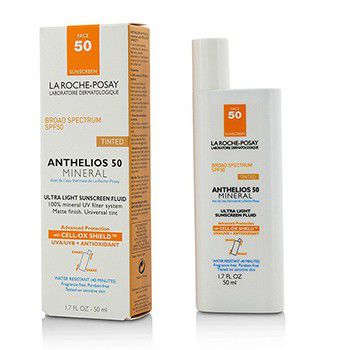
La Roche-Posay Anthelios 50 Mineral Ultra Light Sunscreen Fluid (TINTED), £25, shop here
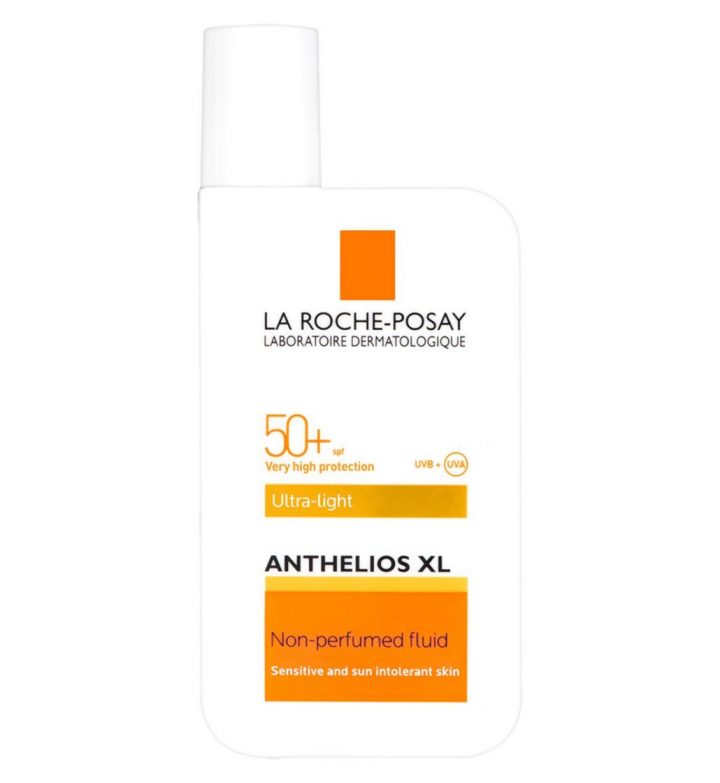
La Roche-Posay Anthelios Ultra-Light Sun Cream Fluid SPF 50, £16.50, shop here
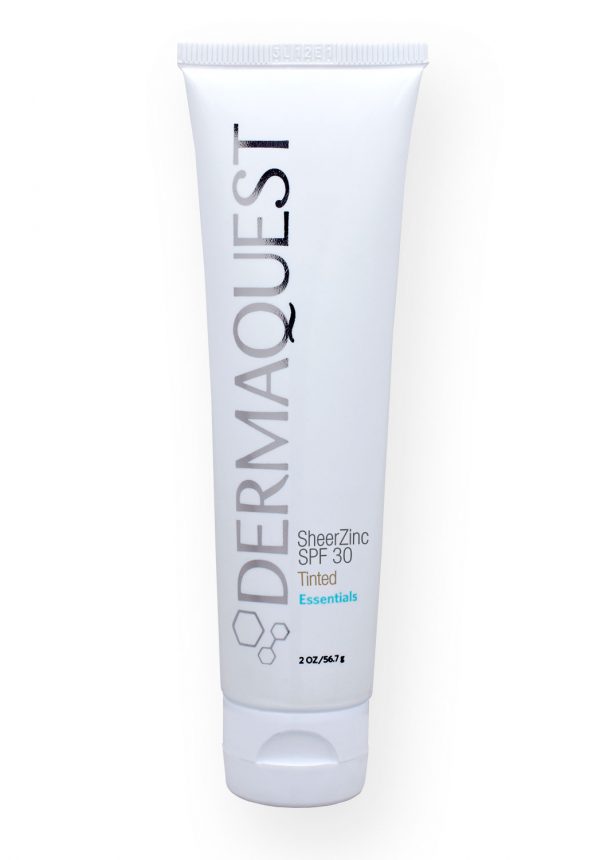
Dermaquest Sheerzinc SPF 30 Sunscreen in Sunkissed, £48, shop here
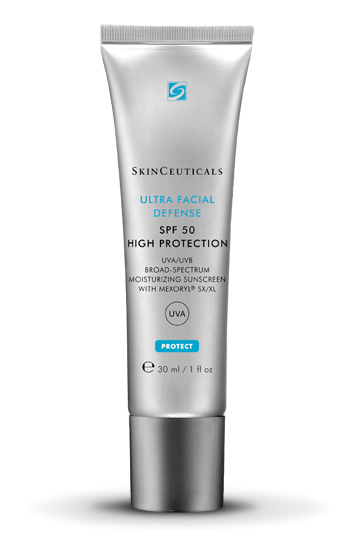
Skinceuticals Ultra Facial Defense SPF 50, £37, shop here
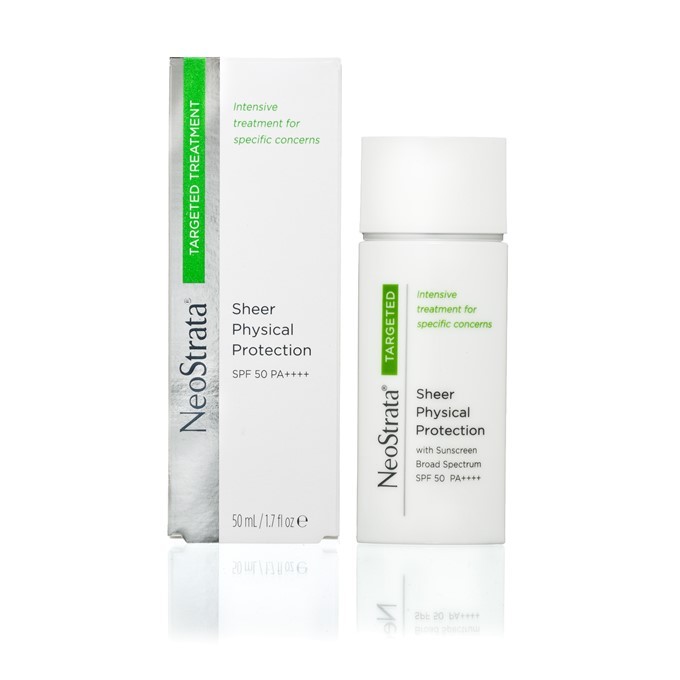
Neostrata Sheer Physical Protection SPF 50, £34, shop here
Chemical sunscreens:
These, on the other hand contain what I like to call the ‘benzones’ (e.g. oxybenzone and avobenzone) and the ‘octi’s’ (octinoxate and octisalate) in their ingredient list. They work by absorbing the UV rays and turning them into heat, which is then released into the skin. They tend to be easier to apply and do not often leave the dreaded white cast. On the flipside they may clog pores causing breakouts.
Some reputable chemical sunscreens include:
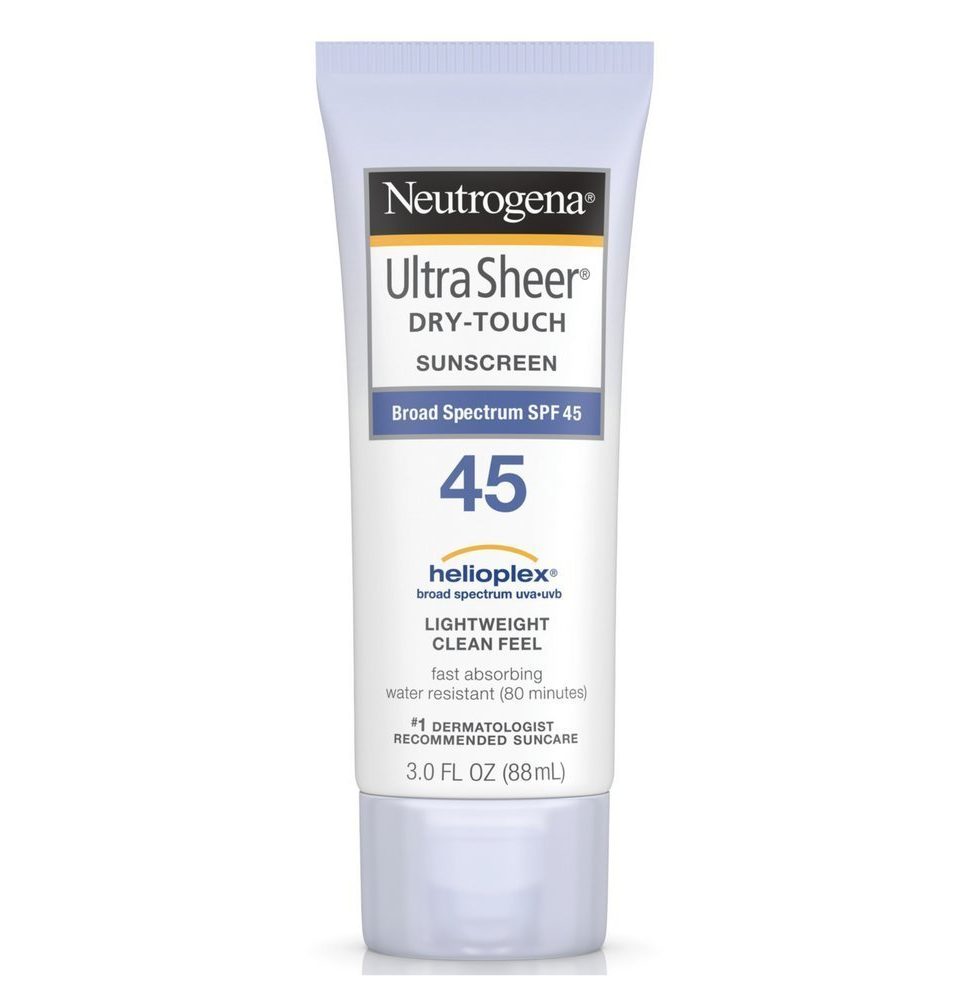
Neutrogena Ultra Sheer Dry Touch Sunscreen SPF 45, £9.75, shop here
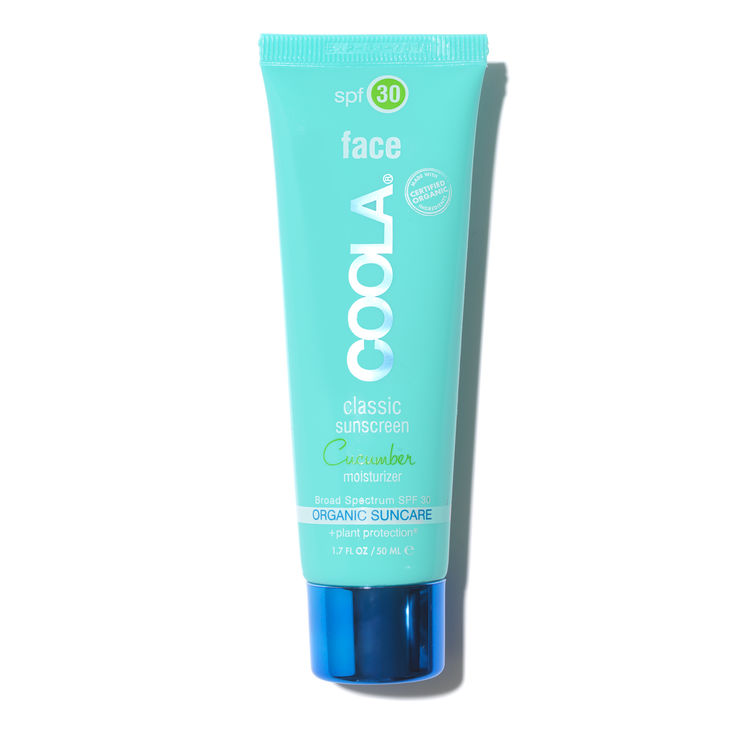
Coola Classic Face SPF 30 Cucumber, £28, shop here
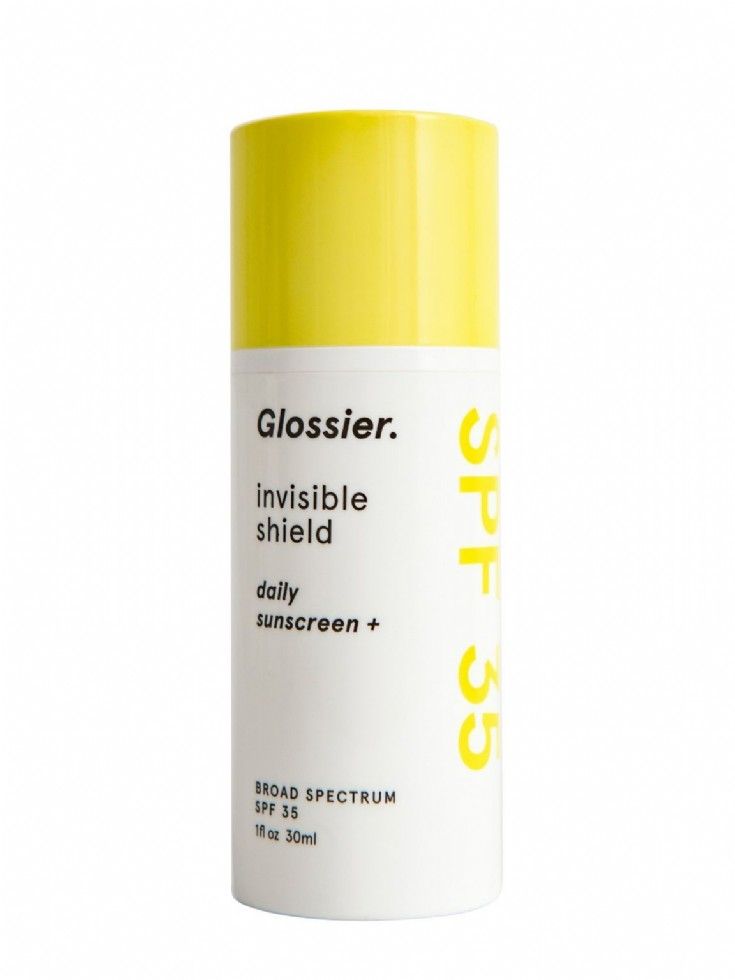
Glossier Invisible Shield SPF 35, £20, shop here
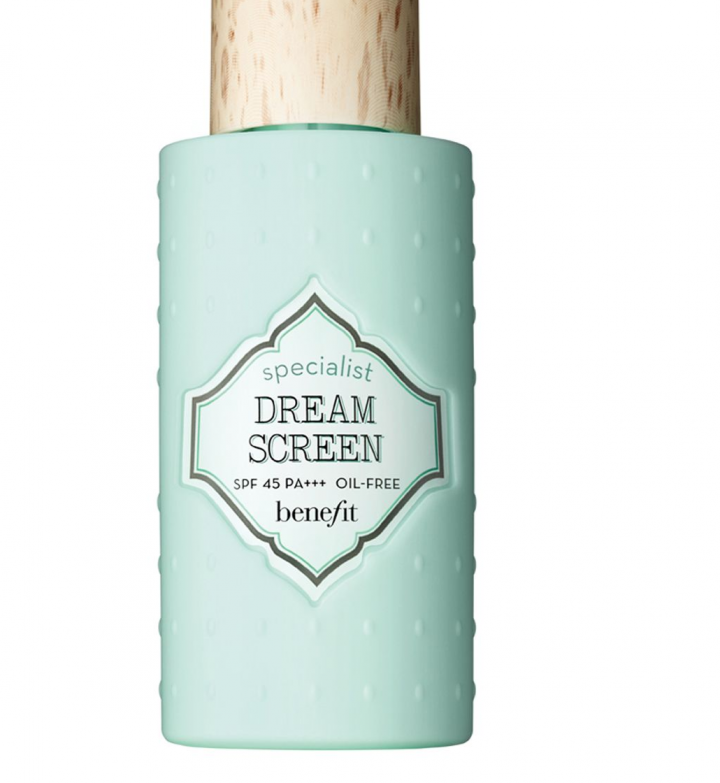
Benefit Dream Screen SPF 45, £27, shop here
Take home points
For adequate sun protection, an SPF of 30 or above is recommended.
Sunscreens need to be re-applied every two hours, which can be quite laborious. However, please be warned that sunscreens that last for 24 hours simply do not exist, so be aware of marketing gimmicks.
Finally, it is advisable to wear sunscreen daily and not just during the summer or beach holidays. This is because the UV rays are pretty reliable and will come through even on a cloudy day.
To be forewarned is to be forearmed. So why don’t you grab yourself a bottle of sunscreen as we age gracefully into our 80s, 90s and beyond?
Main image: credit: Glossier












